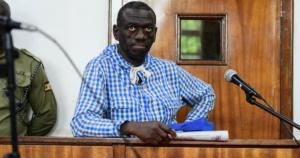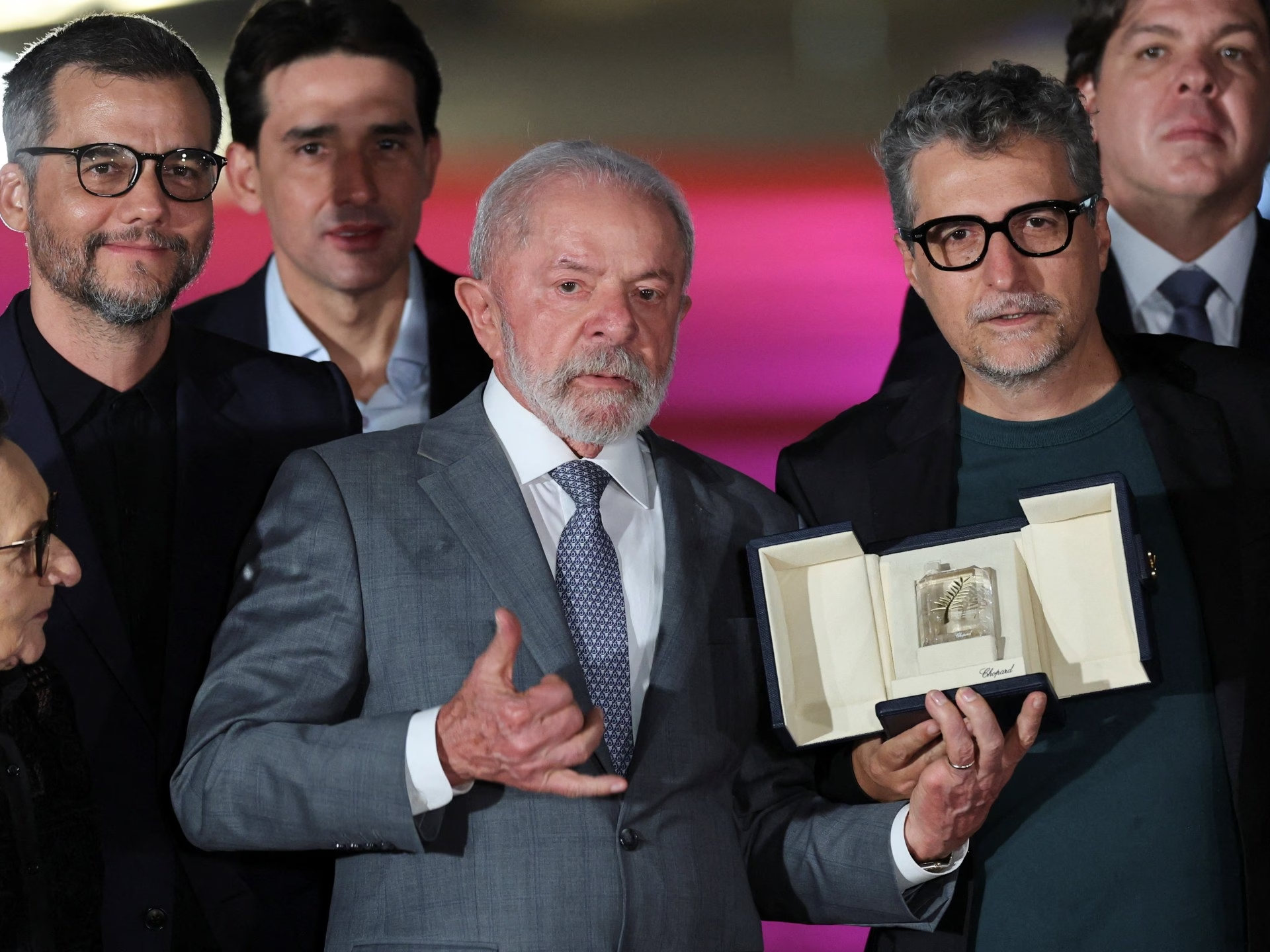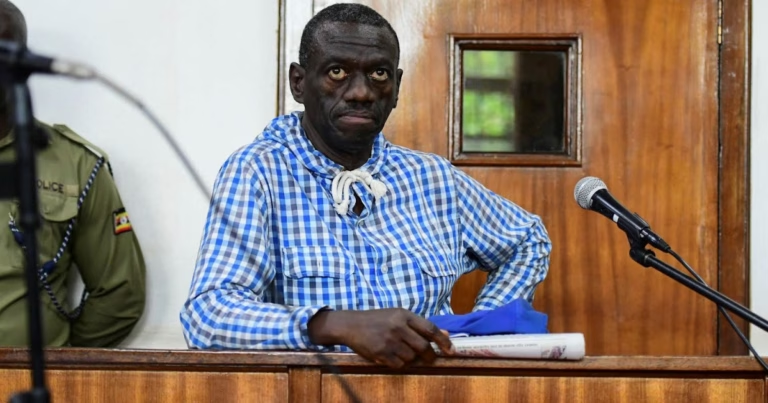Dividing himself between preserving the environment and allowing for business processes, Lula, Brazil’s President, along with the Brazilian Congress, recently amended the controversial legislation that would have relaxed the rules for environmental permits. The bill that some have begun to refer to as the “devastation bill” has now been significantly reworked after Lula vetoed or altered more than a sixth of its original nearly 400 articles.
Under immense pressure from environmental activist groups, Lula has maintained the strict licensing rules that were originally in place for strategic projects. Despite initially facing a barrage of criticism from these groups, his decision to veto several key provisions of the bill was seen as a compromise to prevent complete removal of all checks and balances.
The original version of the bill passed by lawmakers suggested that for certain environmental permits, companies would have simply needed to declare their commitment to environmental practices. However, under Lula’s revisions, these articles have been revised or removed in order to preserve the integrity of the existing licensing process. These changes are also intended to protect the rights of Indigenous and Quilombola communities.
In response to the changes, Lula plans to introduce the “Special Environmental Licence” to expedite strategic projects while addressing any legal loopholes that may have arisen from the vetoes. According to the President’s executive secretary, the goal of these modifications is to streamline environmental licensing without compromising the critical environmental protection measures in effect during Brazil’s ongoing battle with deforestation and climate change.
While non-governmental organizations such as SOS Atlantic Forest have welcomed Lula’s vetoes, calling them a victory for environmental protection, it is unclear how the Congress will respond to the proposed amendments, as they will need to be ratified under a constitutional urgency procedure. Brazil’s conservative-dominated Congress has previously rejected several key governmental proposals.
Environment Minister Marina Silva emphasized that Lula’s vetoes are aimed at ensuring that the economy and the environment can coexist rather than compete. Furthermore, Silva expressed hope that the modifications will allow for efficient licensing processes without diminishing their importance in protecting the environment amidst global temperature rises and biodiversity loss.
The moves by Lula will undoubtedly be under scrutiny leading up to the upcoming UN climate summit in November, held in the Amazonian city of Belem, where Brazil’s commitment to its environmental targets remains a point of contention.
Source: https://www.aljazeera.com/news/2025/8/9/brazils-president-lula-vetoes-parts-of-environmental-devastation-bill?traffic_source=rss







